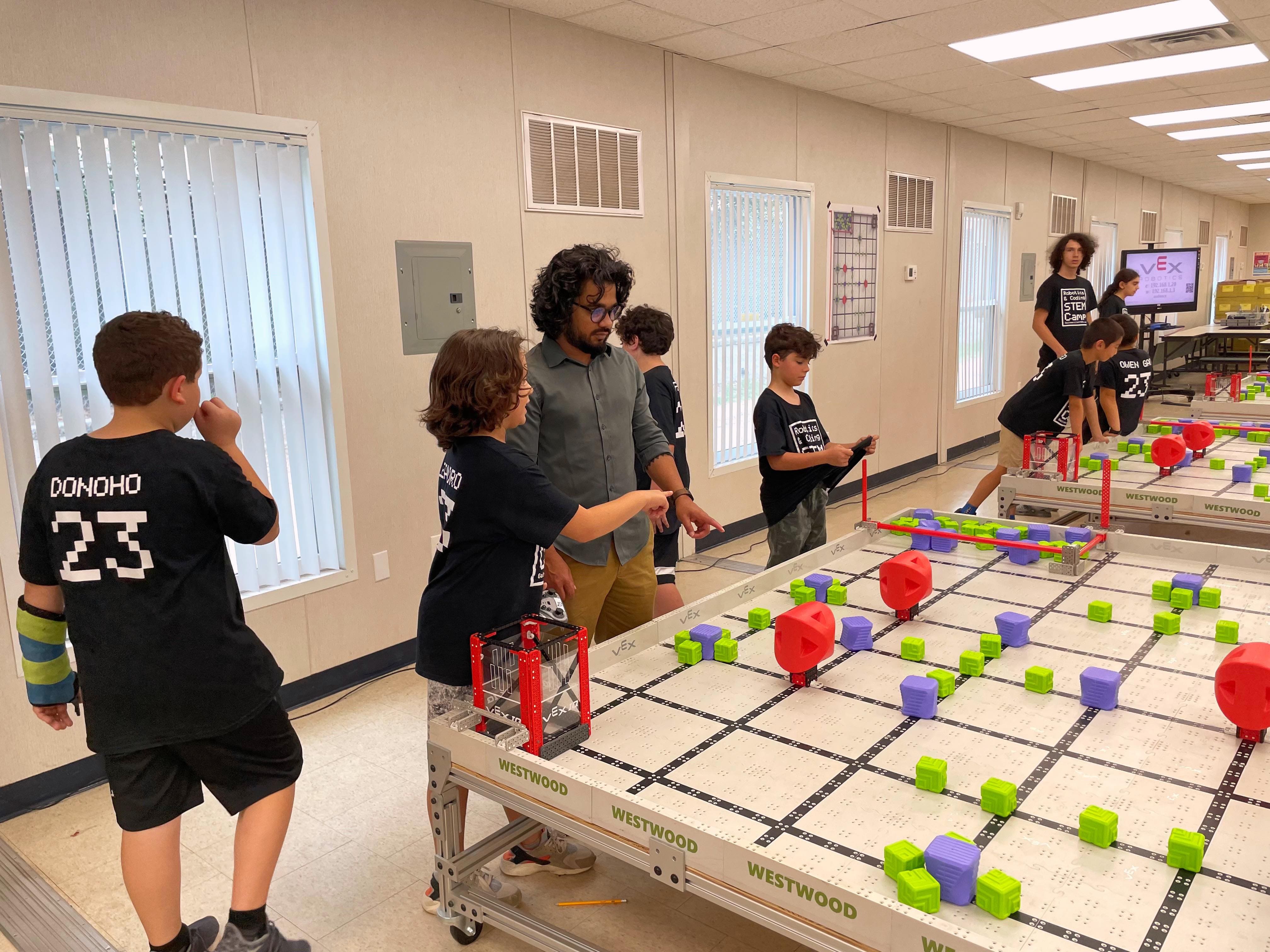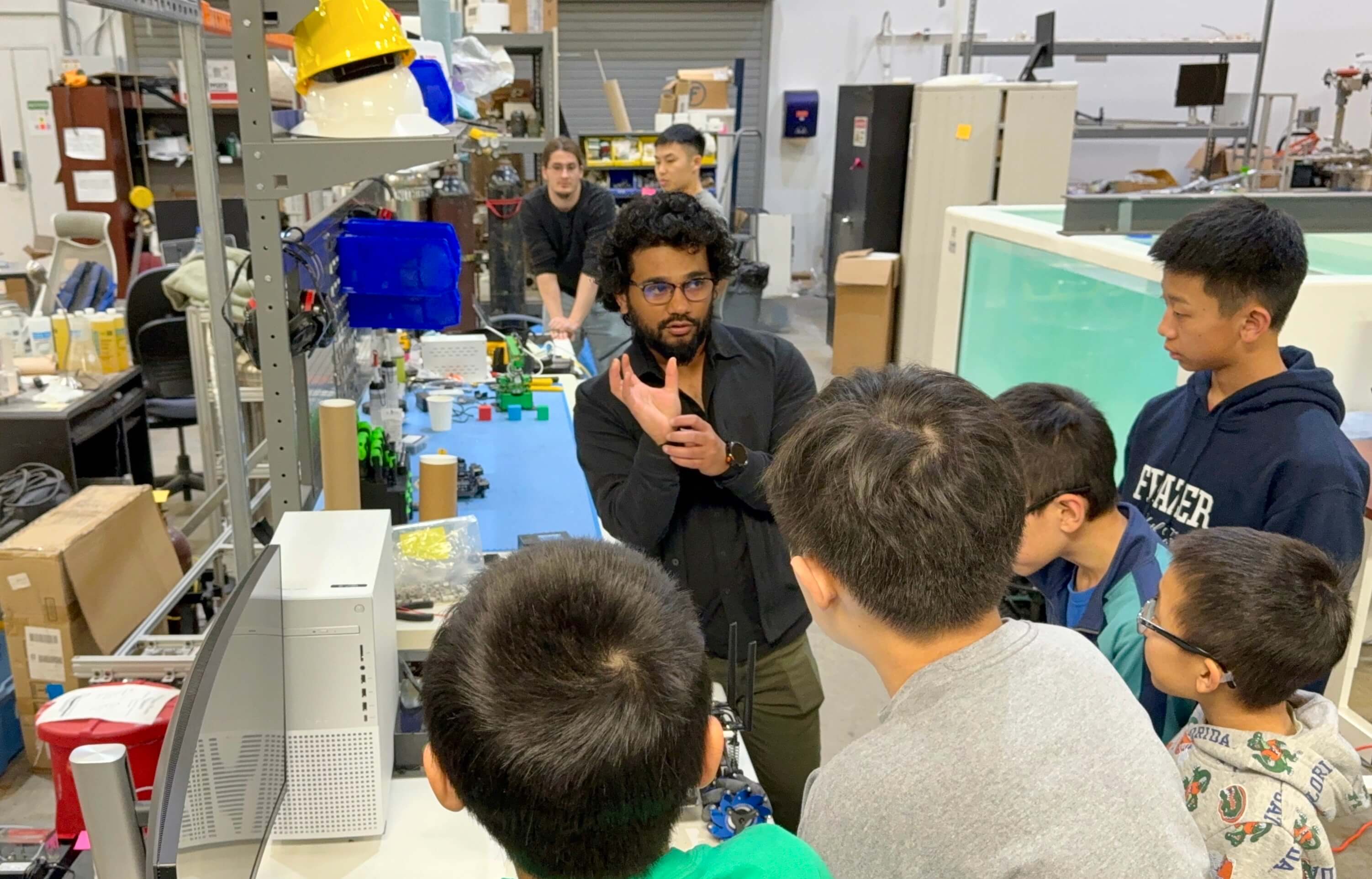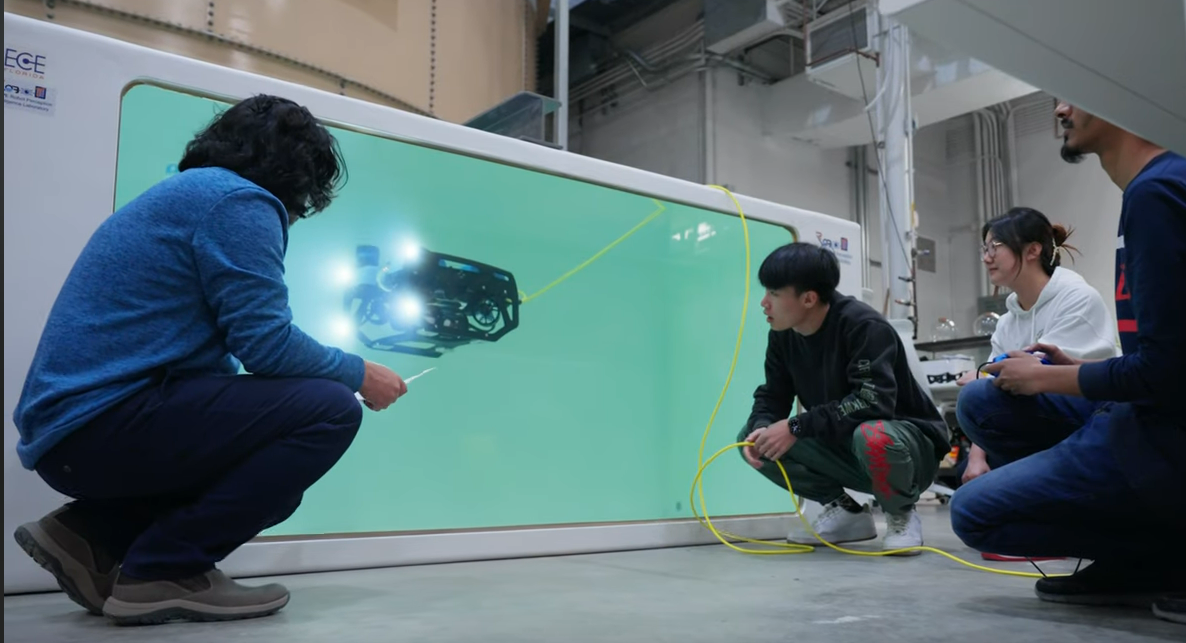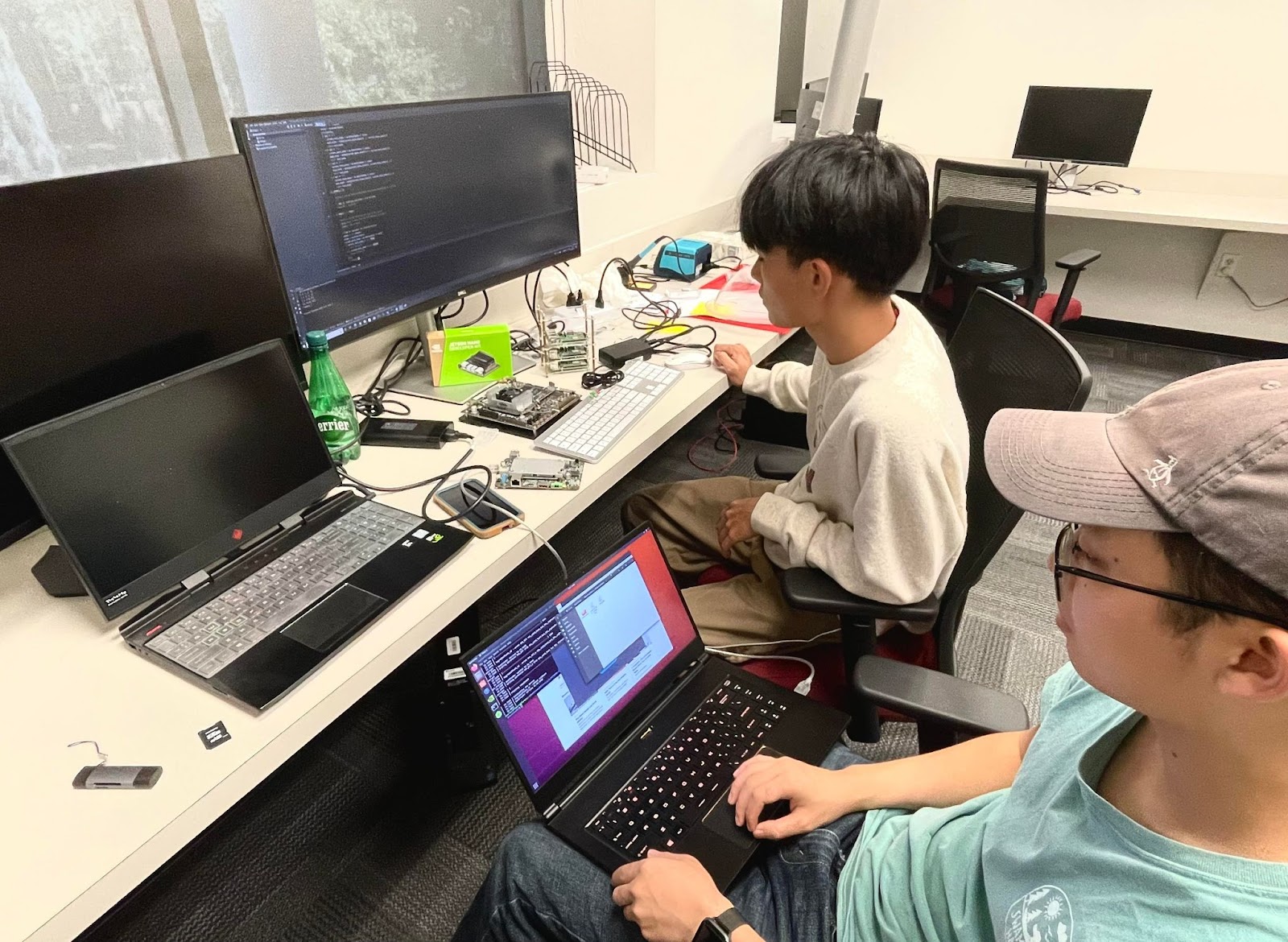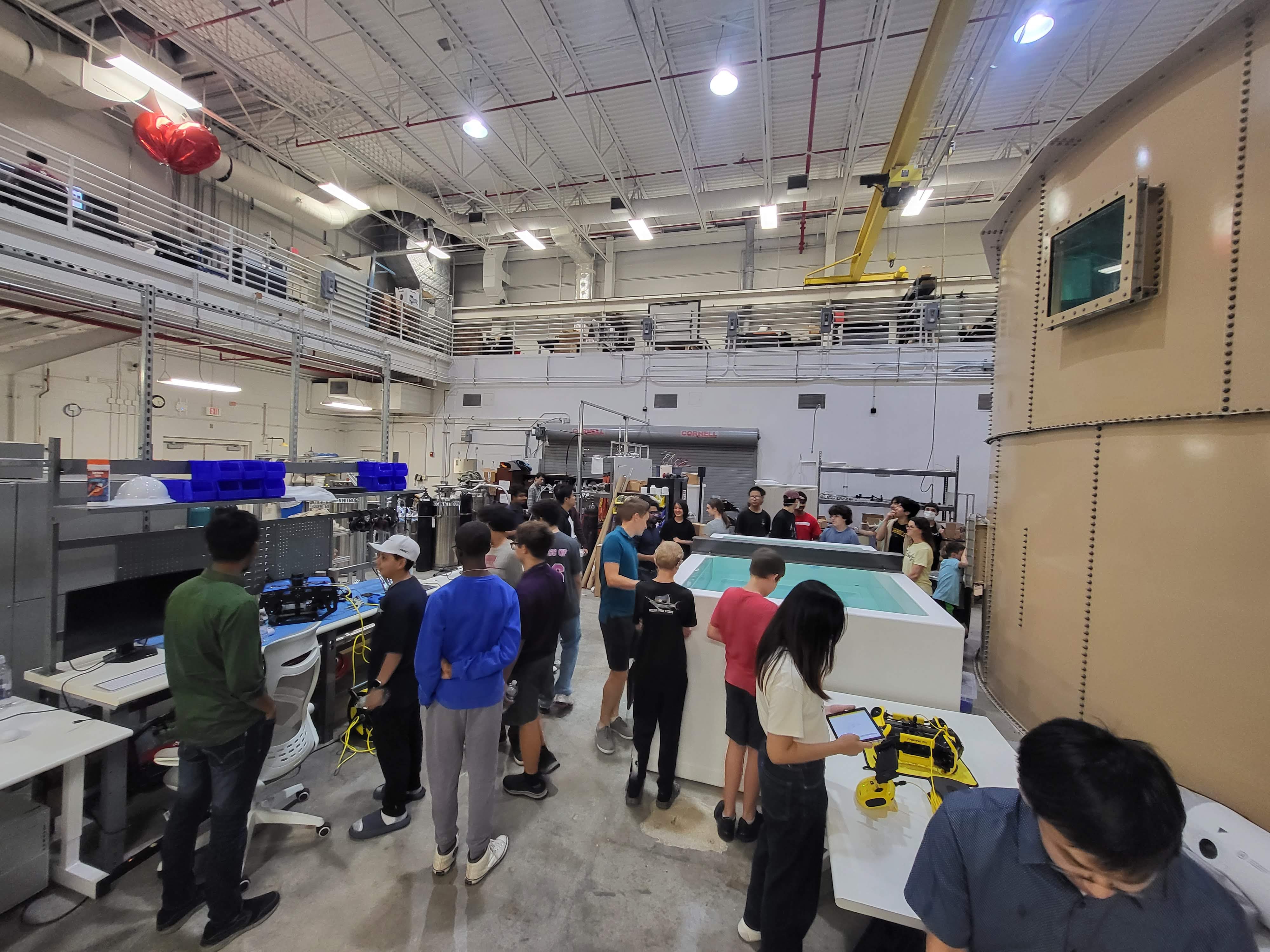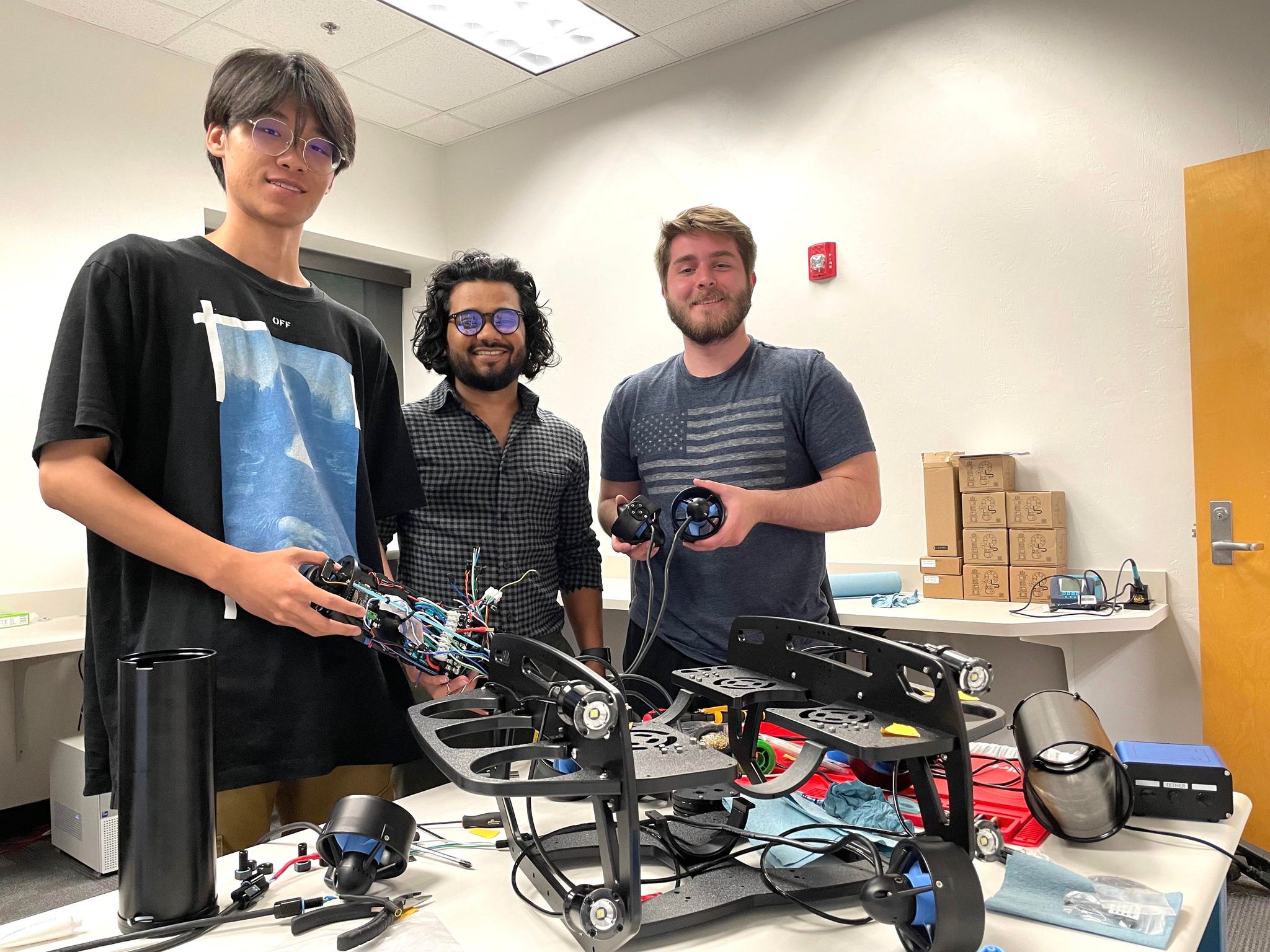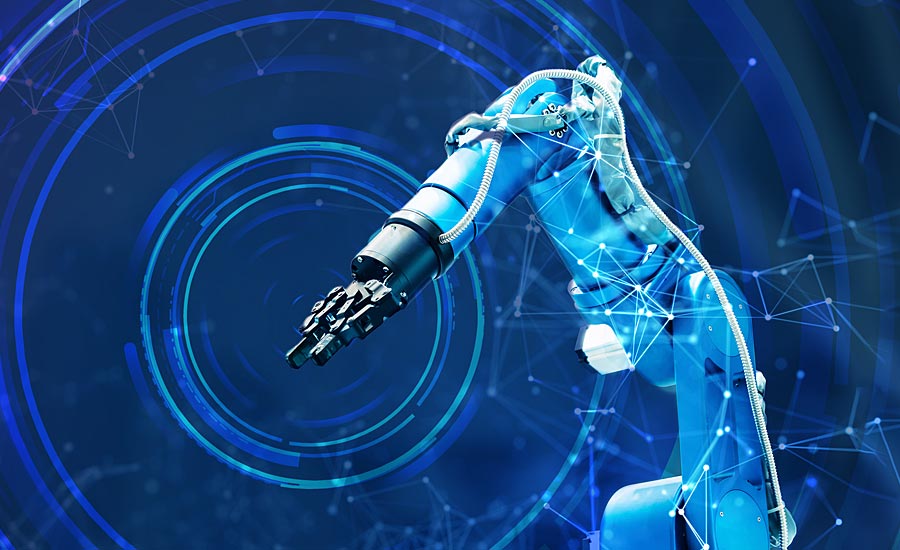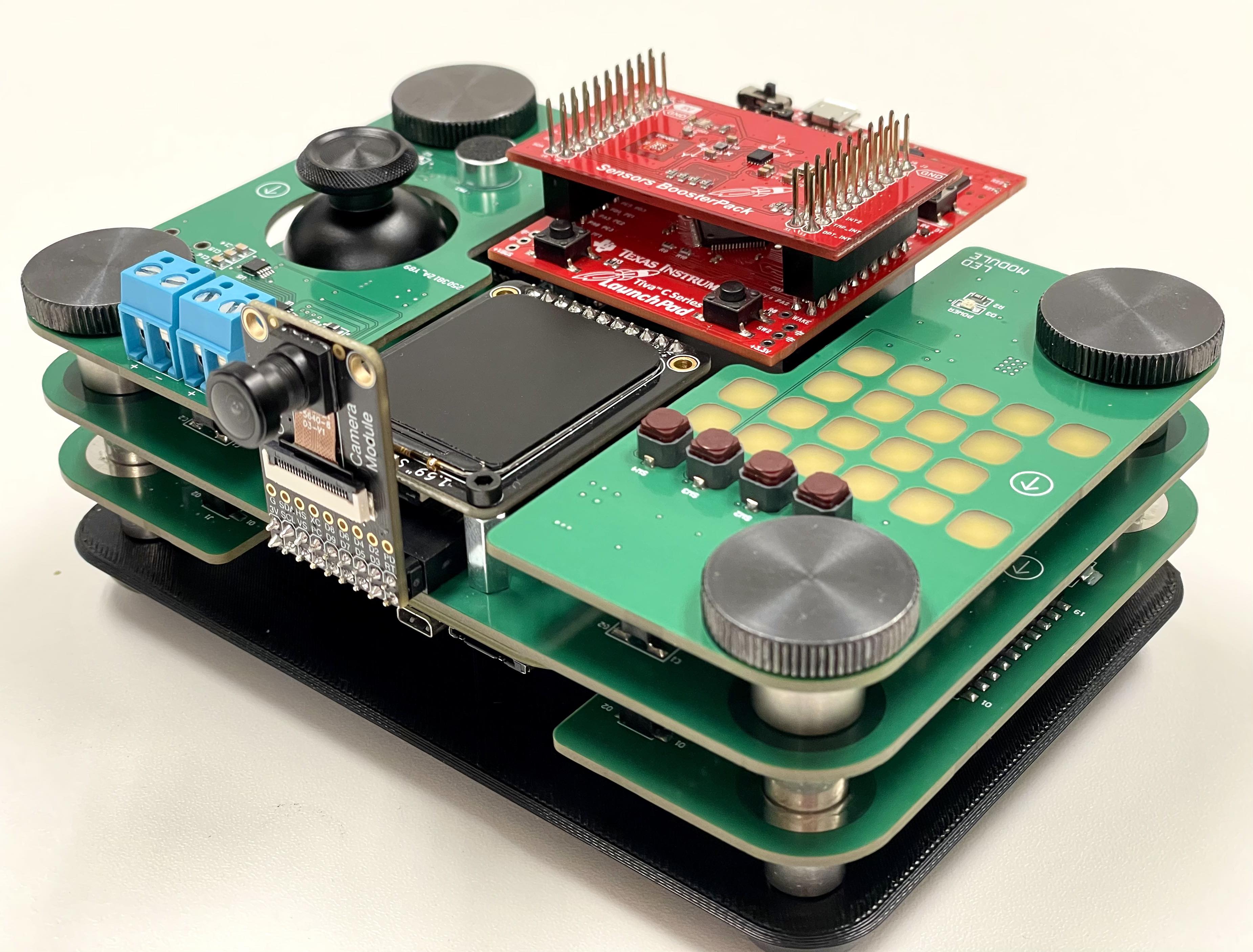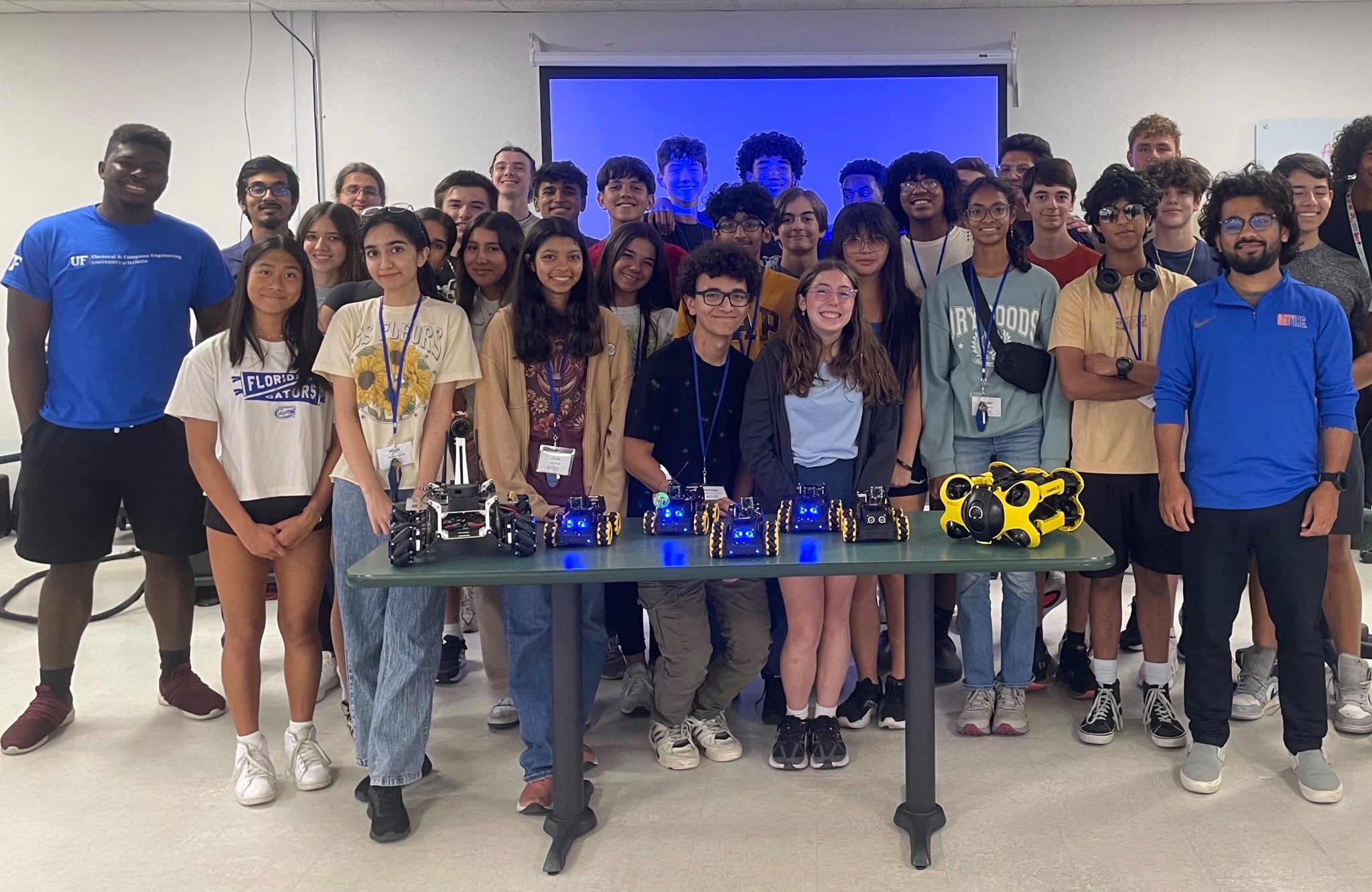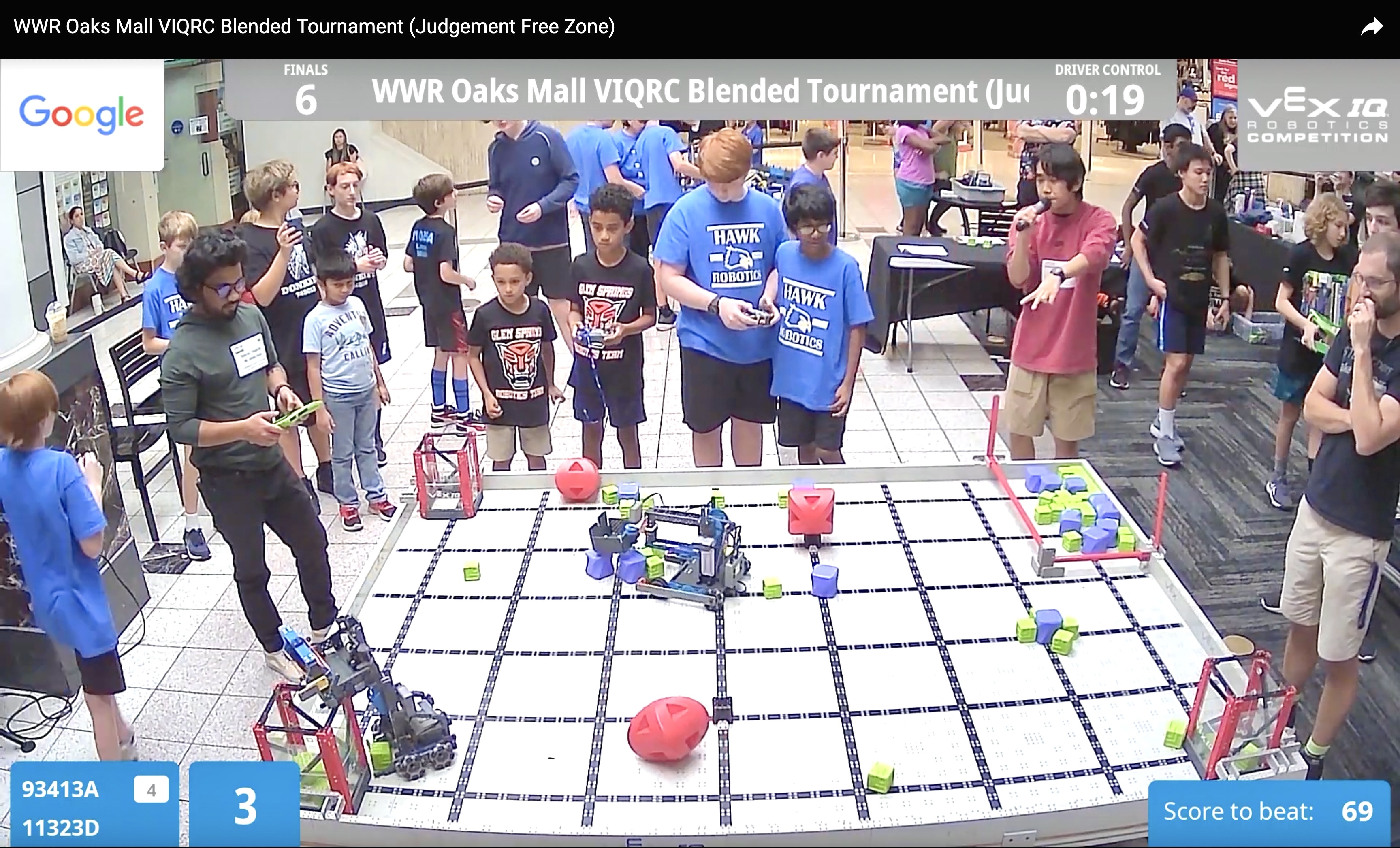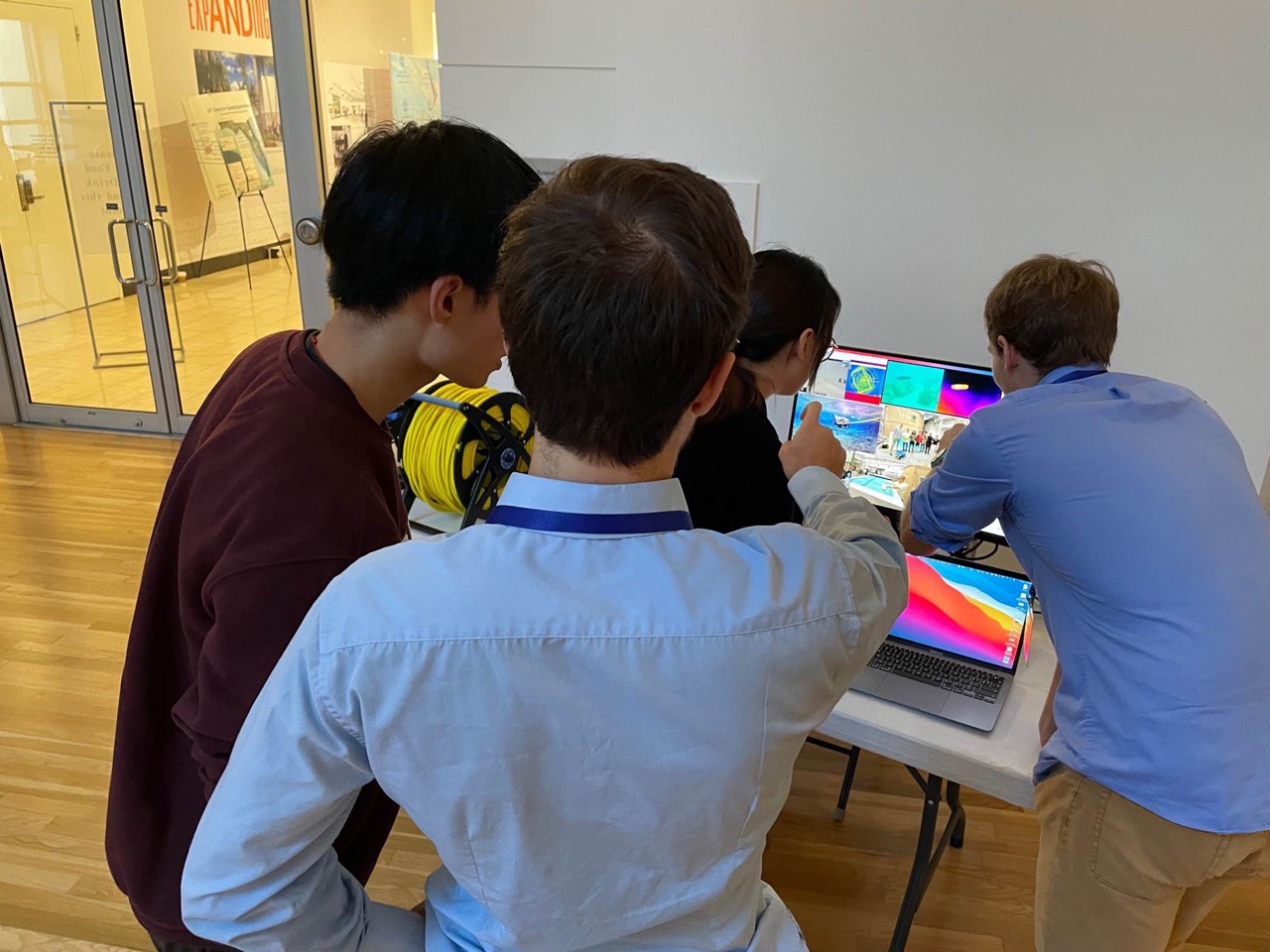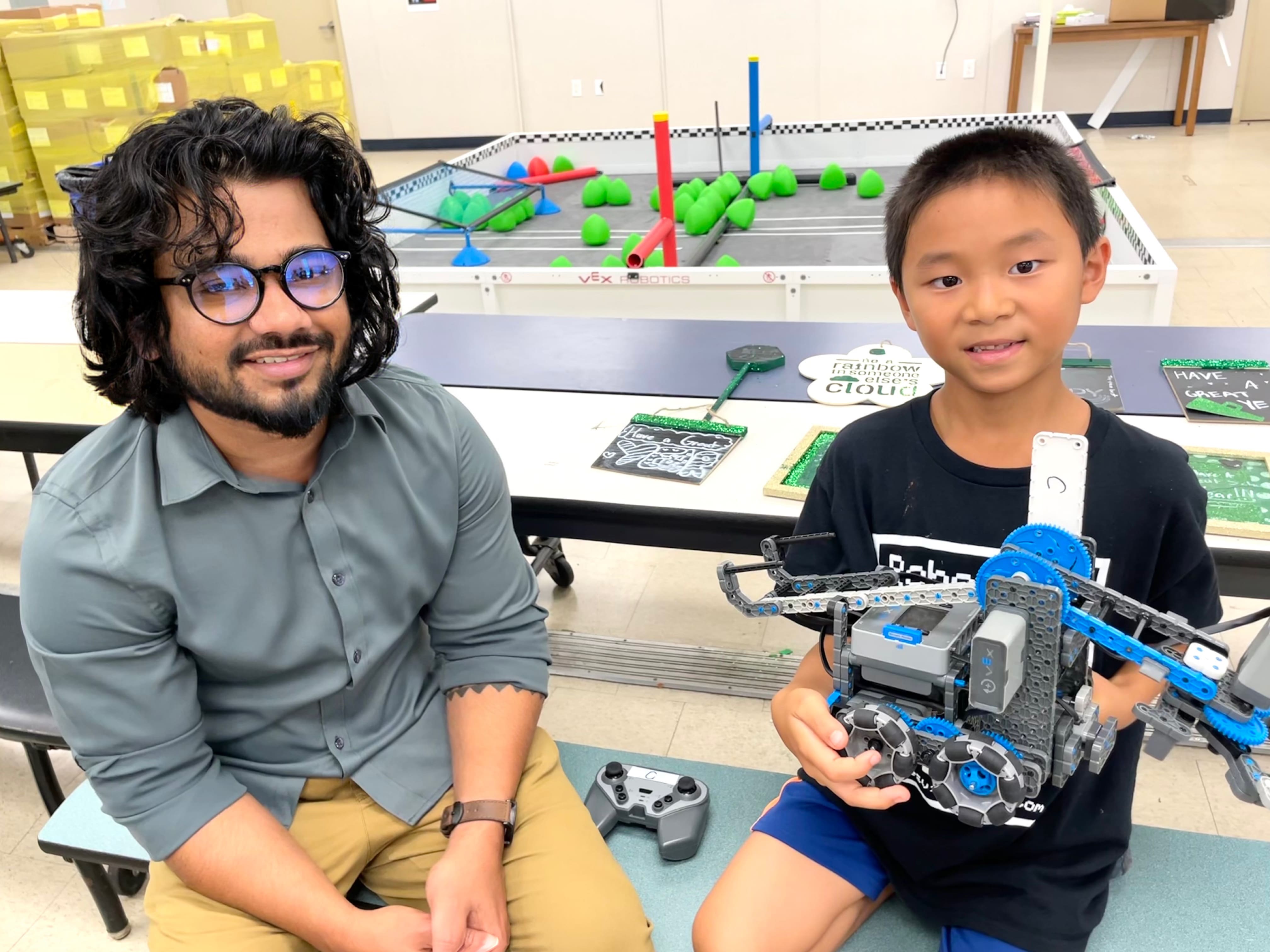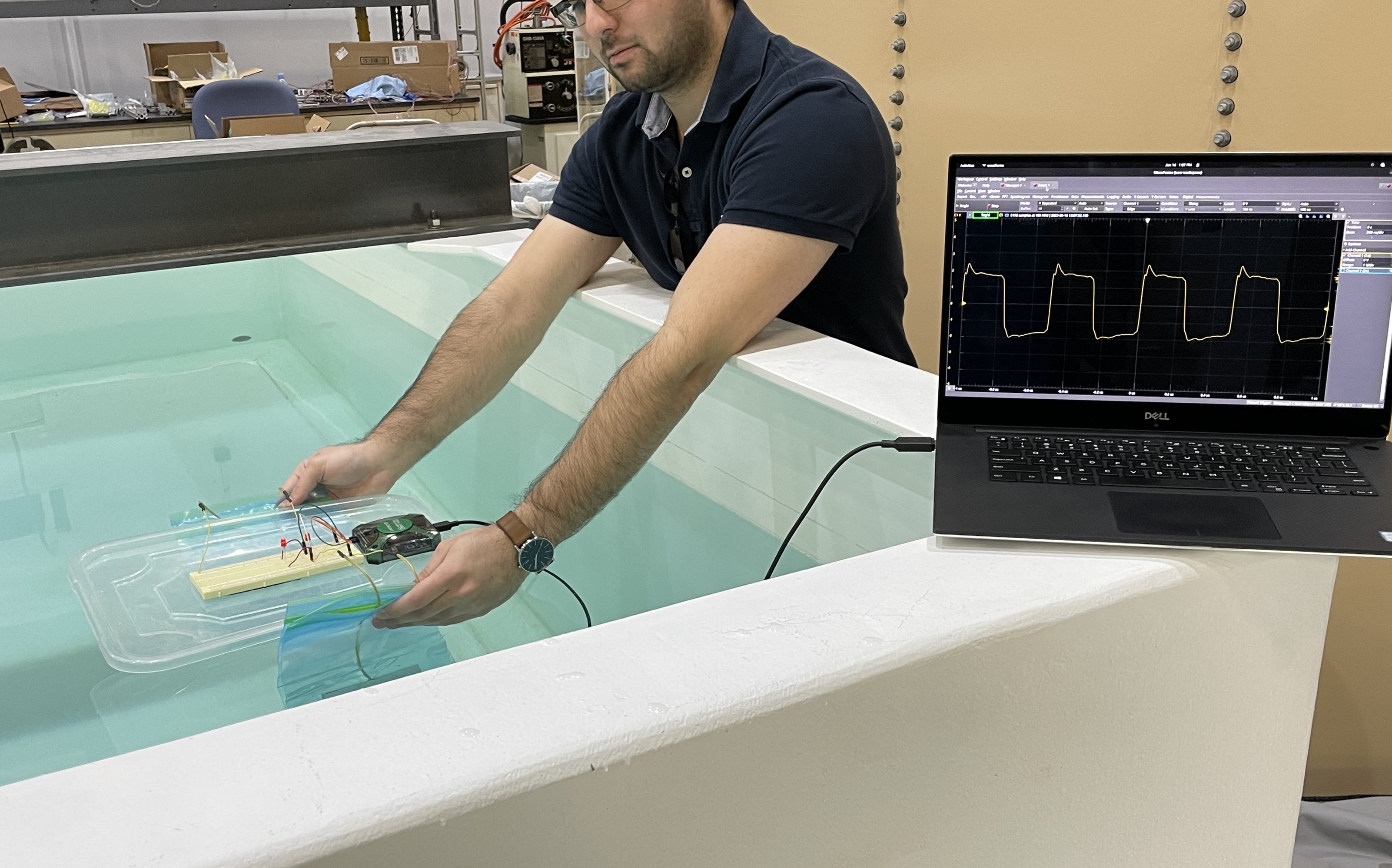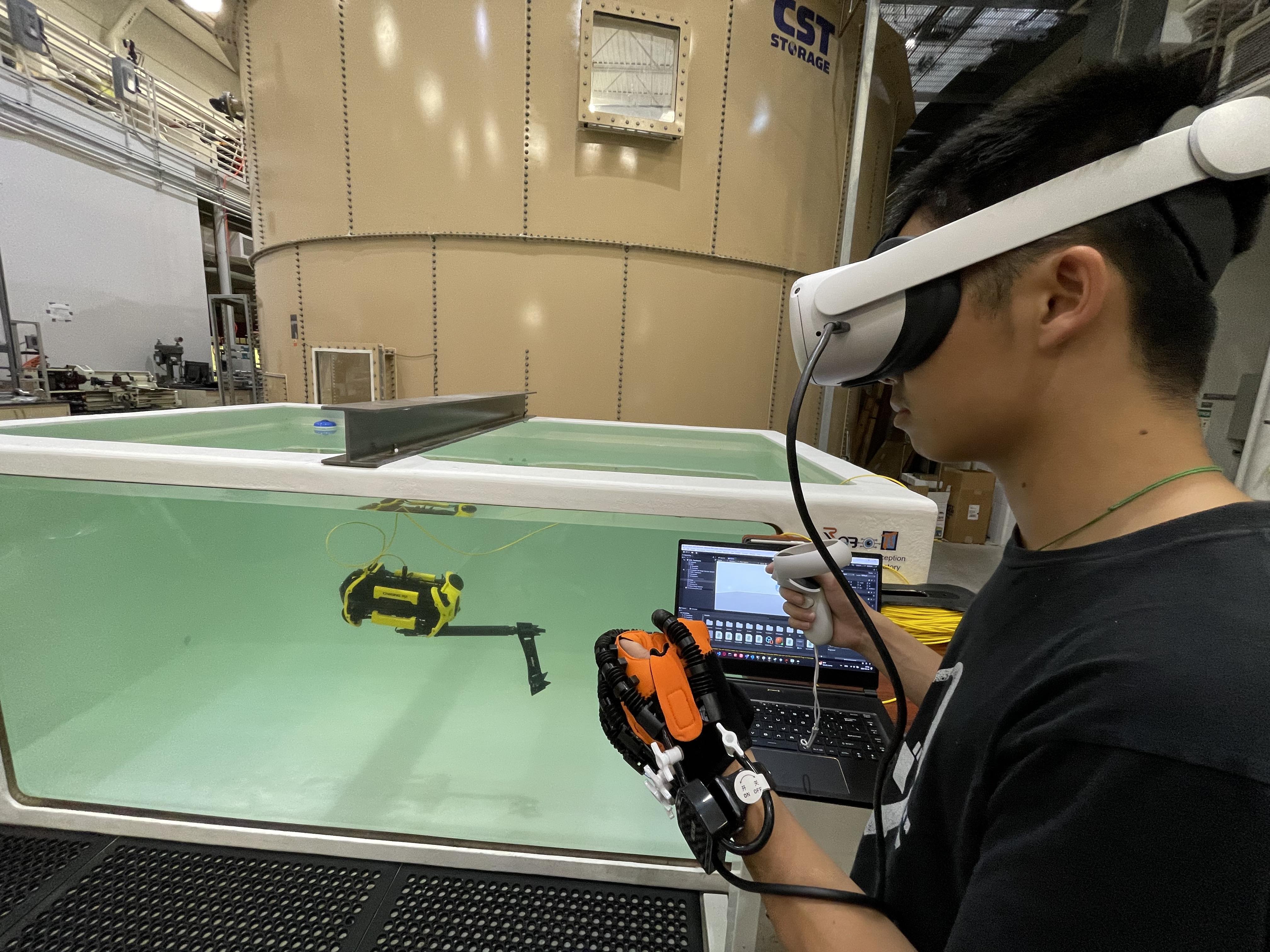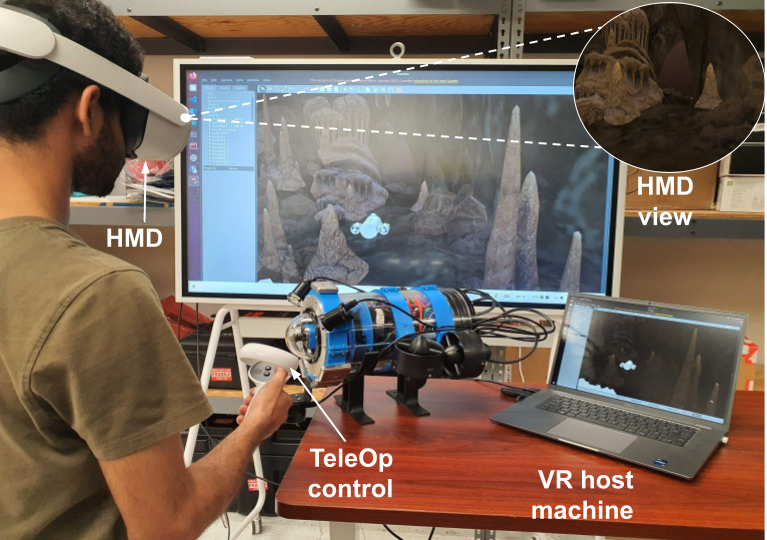Mission And Philosophy
Dr. Md Jahidul Islam is leading several education and outreach activities at the RoboPI laboratory. The long-term goal of these programs is to democratize robotics education through interactive and accessible tools for STEM workforce development. We believe that robotics and AI can contribute heavily as a natural and fun way to contribute toward building a stronger STEM workforce for the next generation. Our philosophy for education is to inspire students to learn, think critically, and be enthusiastic about scientific inquiry. Our mission is to be a part of this journey by introducing new technologies to young students and helping them become future innovators in STEM-related careers. Towards that goal, Dr. Islam and RoboPI lab members are involved in undergraduate and graduate STEM education, mentoring undergraduate students through UF CUR, and K-12 students through UF CPET. The broader outreach activities also include coaching VEX Robotics Competitions in North-Central Florida regions, and hosting two robotics workshops at UF every summer.
